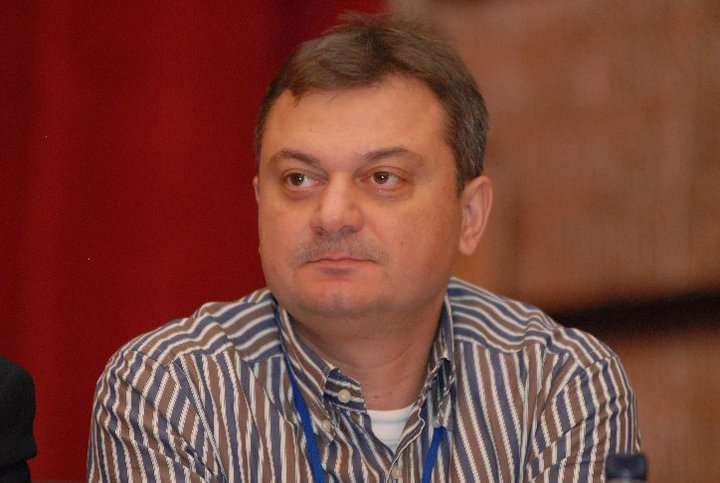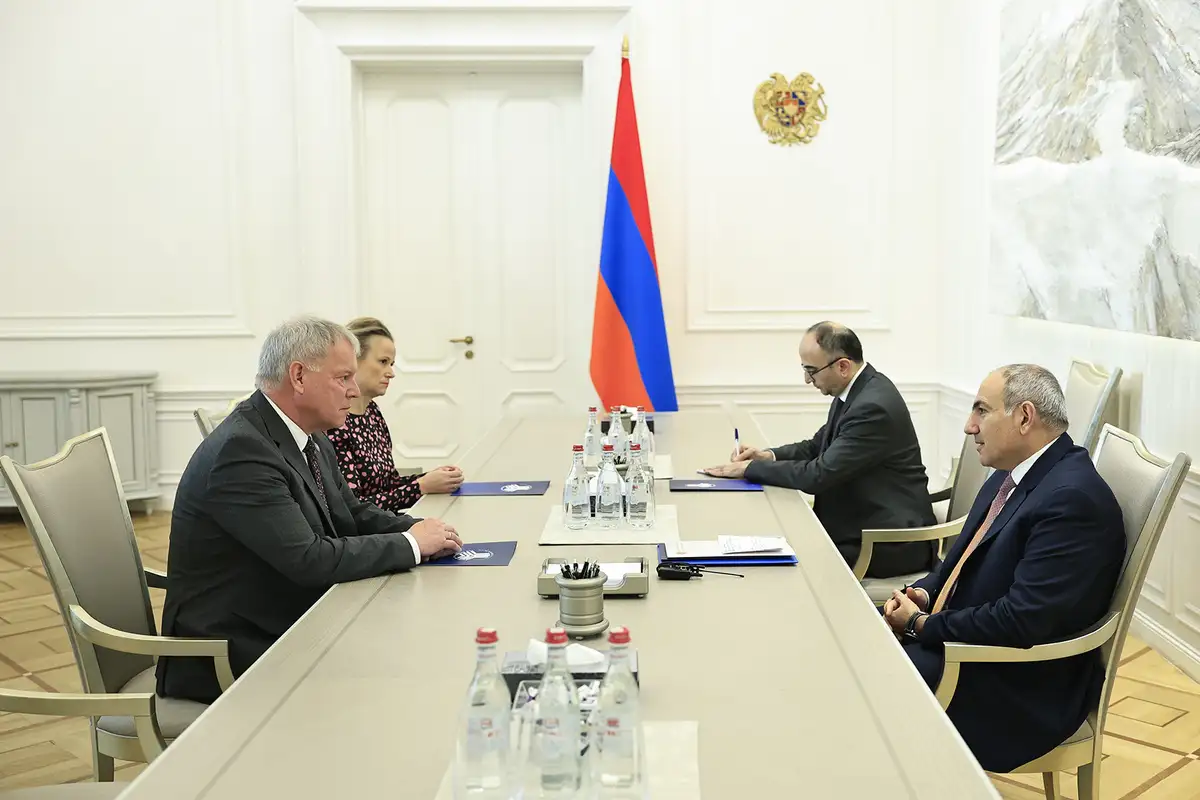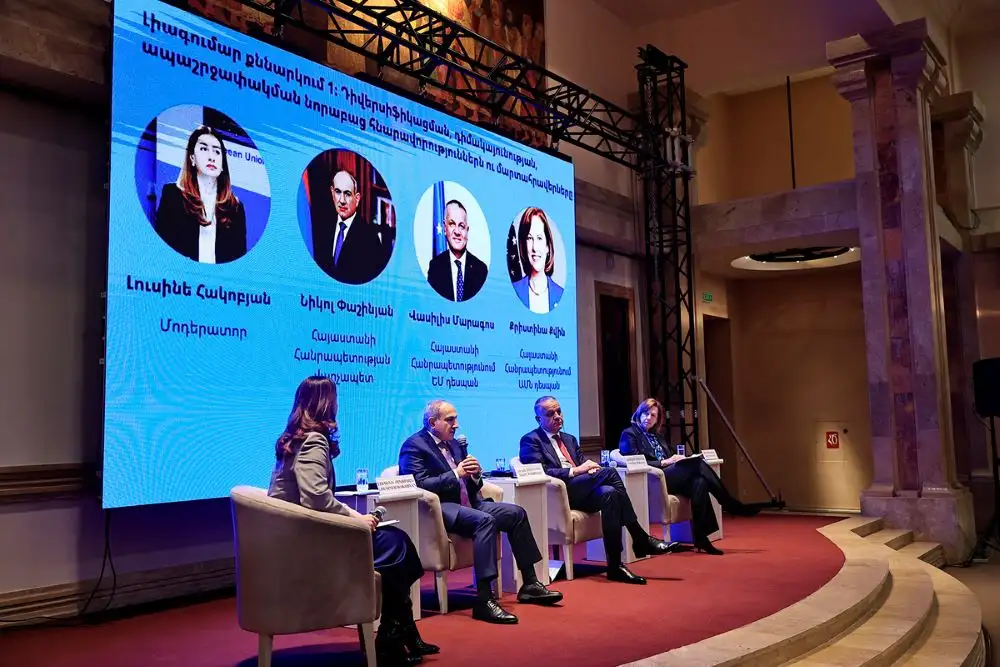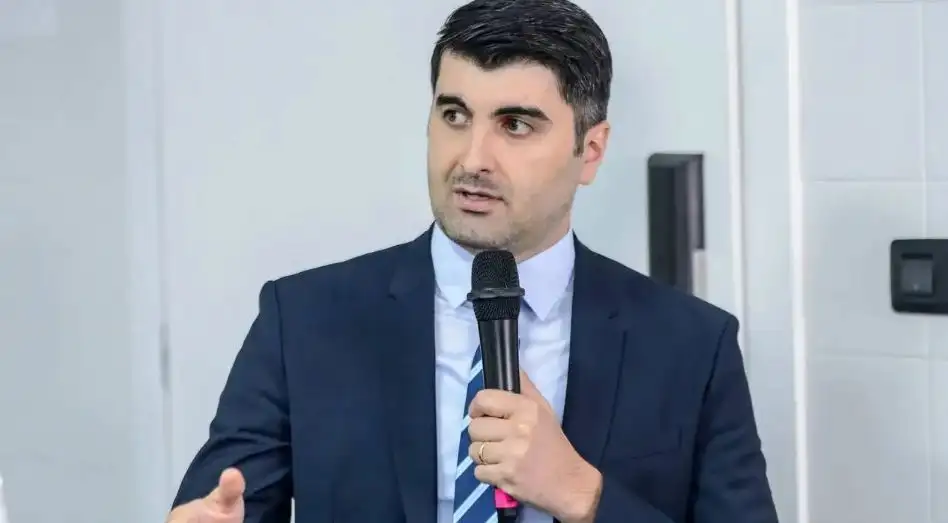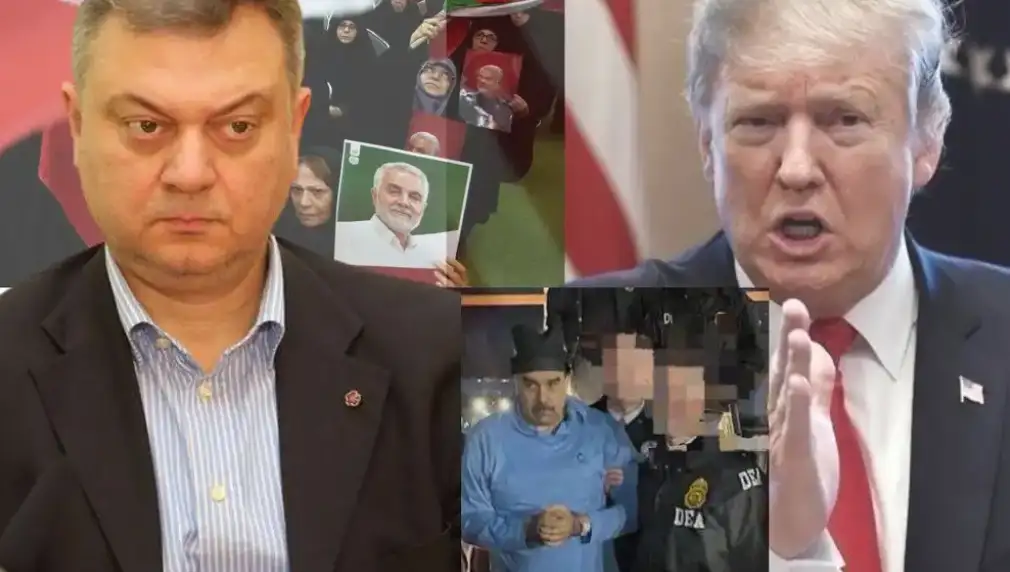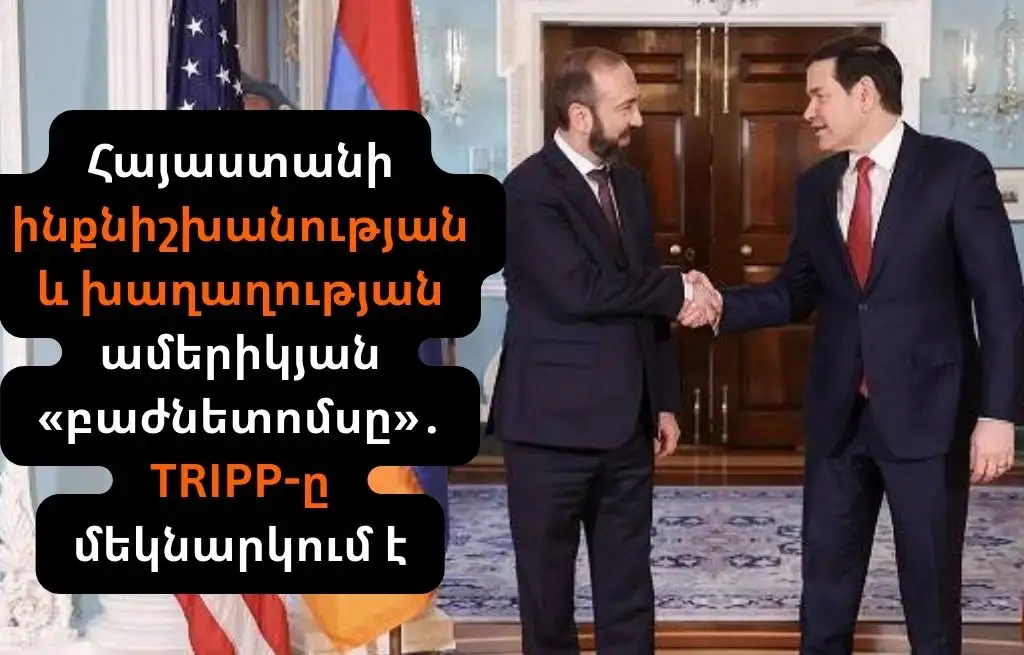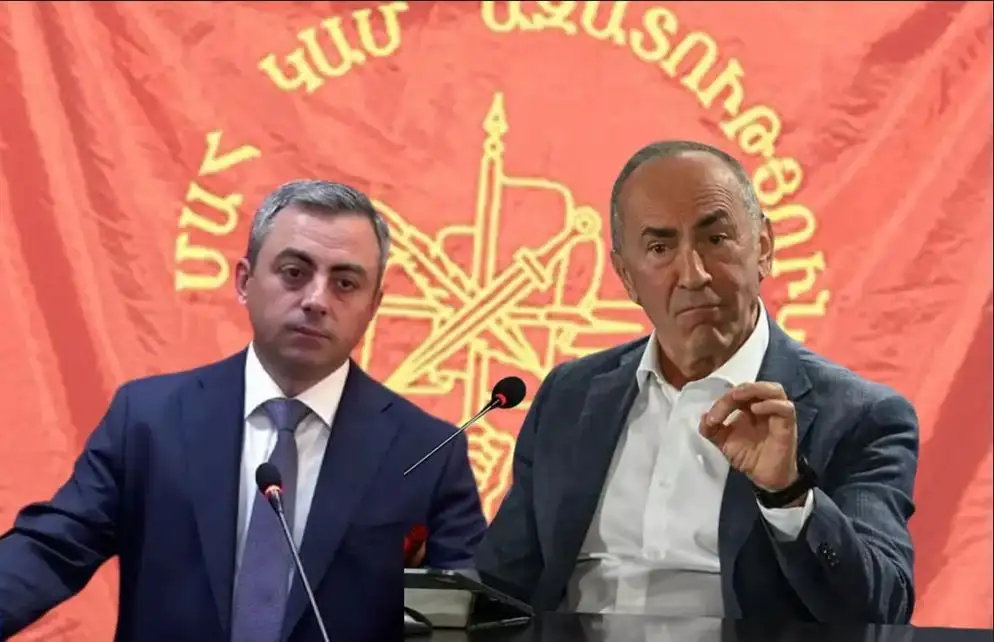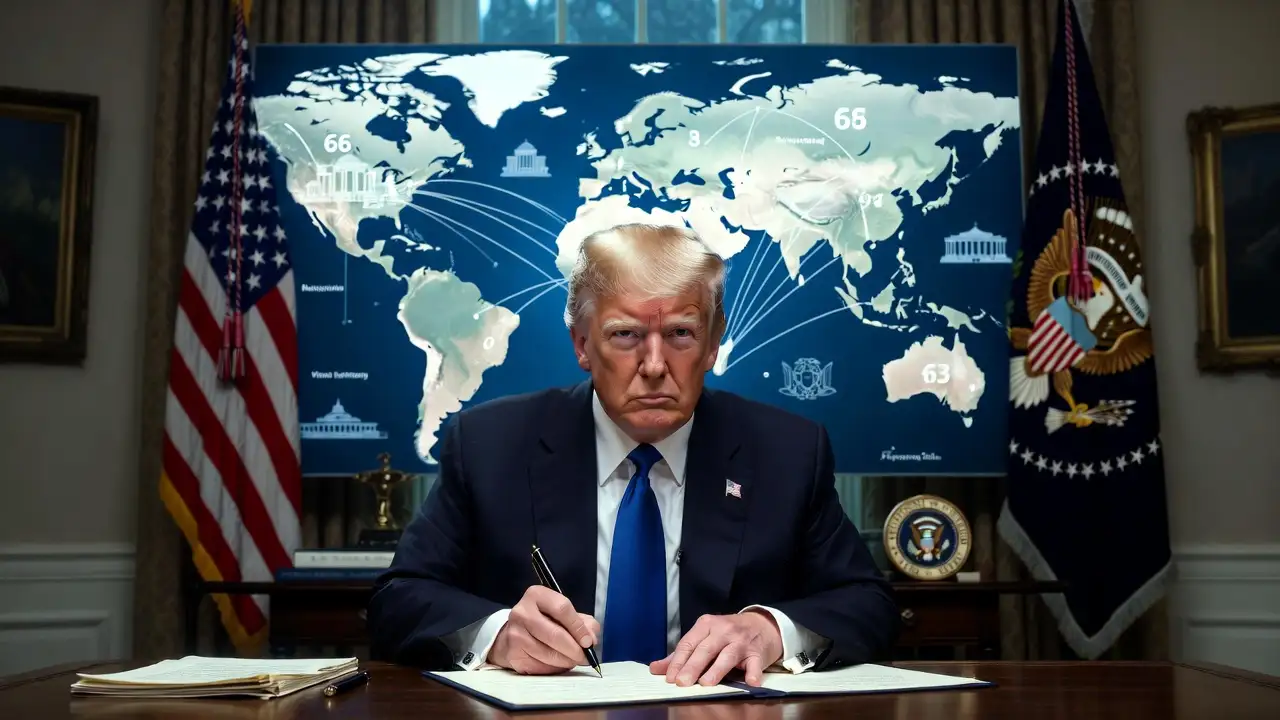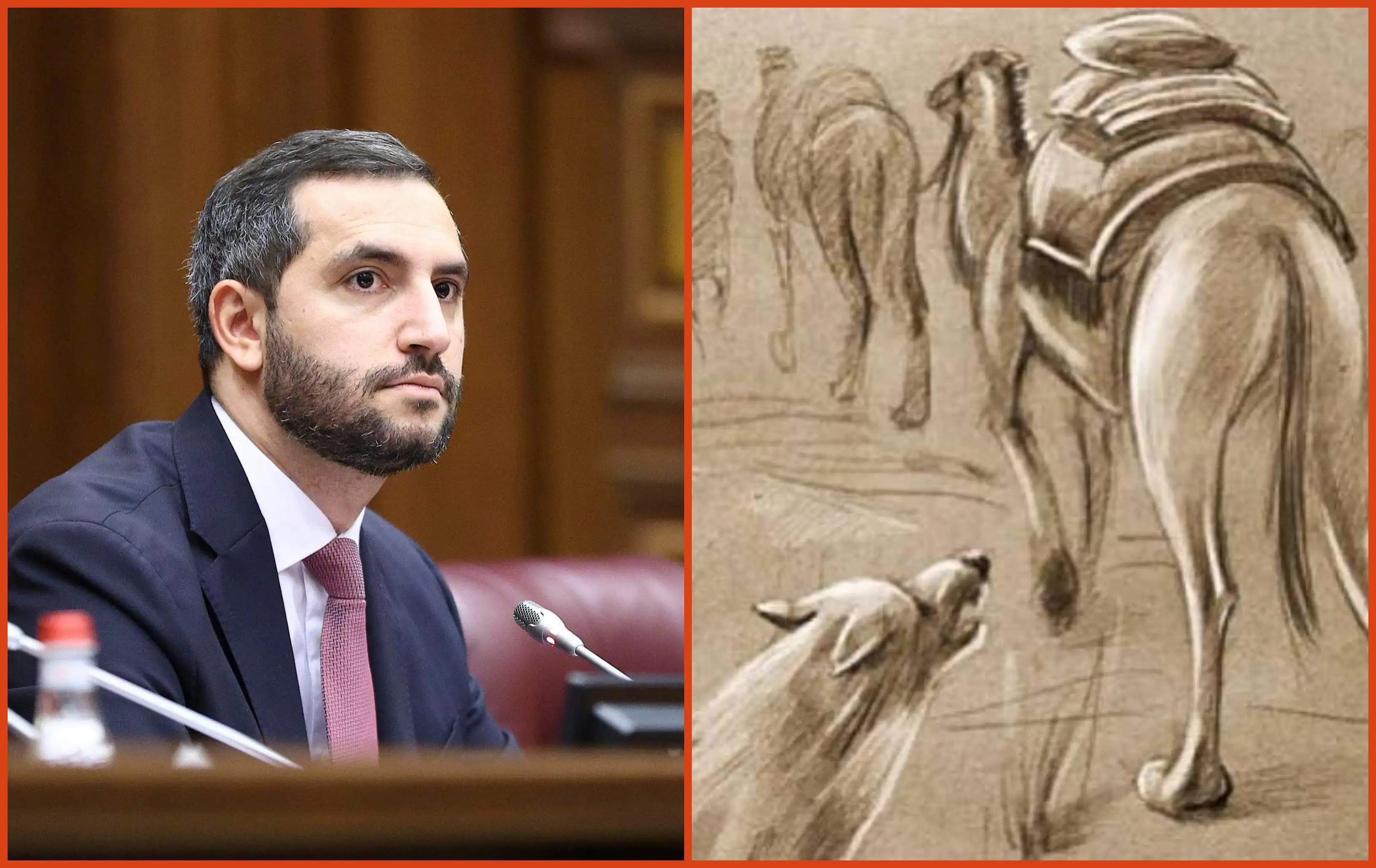Radar Armenia's interlocutor is Shahan Gantaharyan, an international scholar.
- What is the significance of the German Foreign Minister's visit to the region—to Yerevan and Baku—for regulating relations and ensuring regional stability?
- The visit should not be considered merely as part of a German initiative but within the framework of the EU's actions in taking on the role of a player in the region. There is also intra-European competition between France and Germany. And from the Armenian point of view, let's remember that Germany made the most direct and accusing speech at the UN against Azerbaijan. Germany and France are at the quadrilateral meetings, which speak about the degree of Germany's involvement.
- The US State Department has announced that any violation of Armenia's territorial integrity will have serious consequences. In response, Baku responded that any unfriendly action against Azerbaijan would be given an adequate response. How do you interpret these statements?
- The US warnings are similar to Europe's; they fit into the positions and steps taken by the collective West. Unequivocally, it needs to be clarified which territorial integrity we are talking about. If there is no reference to the withdrawal of Azerbaijani troops from the sovereign territories of Armenia, it means the pre-legitimization of the Azerbaijani invasion. We are mainly talking about the "Zangezur Corridor," which is already undergoing certain transformations and one step forward, two steps back. Azerbaijan's threat is a message to everyone that they have no intention of withdrawing from Armenian territories or abandoning the plan to connect Nakhichevan to Azerbaijan.
- Erdogan also said again that Armenia should fulfill its obligations towards Azerbaijan. How would you interpret this? And since it probably refers to the issue of the tripartite declaration, the unblocking of regional roads, and the road to Nakhichevan, what did the Turkish president's reminder mean, especially after the "3+3" format meeting?
- Erdogan says, on the one hand, that the geographical direction of the "Zangezur Corridor" is changing; on the other, he says that Armenia must fulfill its obligations. The November tripartite was canceled, and therefore, Armenia has no obligations. This is pressure to open the Nakhichevan-Azerbaijan roads.
- The Palestinian-Israeli conflict is heating up. The Israeli side continues to show activity in the Gaza Strip. What course will the war take? Will the grieving population of Gaza be evacuated?
- Israel's goal is gradually being revealed: to liberate Gaza and, for that, to evacuate the people first. Tel Aviv is well aware that the two-state resolution is internationalized as an agenda, which it avoids. There are deterrent factors that dictate not regionalizing the war. The negotiations will be short-term, based on ceasefire and prisoner exchange agendas, and long-term, based on a two-state solution. Before the negotiations with Hamas, Tel Aviv was trying to neutralize Hamas.
- Blinken is going to go to Ankara, and the actual media are talking about the planned visit of the president to Turkey. What issue does the Turkey-US-Iran Troika want to solve?
- Ankara is given a role in the US-Iran relations process. Iran is being unblocked step by step. With the deepening of this blockade process, we will notice different milestones in bypassing Moscow. And in this sense, there is the US-Turkey system.
- The spiritual leader of Iran called on the Arab communities not to sell gas and oil to Israel. We also know the significant role played by Turkey and Azerbaijan in this matter. Will the Arab countries listen, and will the process go this way?
- I think everyone will only take that step in the short run. There will be freezes and suspensions. The Armenian lens must notice that the approaches of Ankara and Baku collide outwardly at this junction. Yes, because the Turkish-Azerbaijani tandem cannot act contradictoryly in issues of such strategic importance. The distribution of roles in this matter is present.
Hayk Magoyan




